The cooler weather is upon us, the leaves are changing color, and pumpkins are adorning our front steps. Fall is a time of year that many people look forward to after a hot, sticky summer. However, if you’re one of the estimated 26 percent of Americans who suffer from allergies to ragweed, you may not be so psyched about Autumn knocking on your door.
How You Can Beat Spring Allergies
At last, winter is behind us and the warm weather is on the way! However, the higher temperatures aren’t entirely cause for celebration. For some people, spring brings the worst allergy season of the whole year. In some cases, these allergies can start as early as late February and last until the end of June. In order to be equipped for the months ahead, here are some best practices to effectively cope with your seasonal allergies.
Is it a Cold or an Allergy?
As the temperature drops and the snow starts to fall, you’ll hear lots of people around you start sniffling and sneezing--it may even be you! While colds and allergies have different symptoms, it’s so important to know the difference so you can seek proper treatment. It’s sometimes a tough call to figure out where that coughing and sneezing is coming from, but how long your symptoms last can be indicative of what is ailing you.
How to Manage Ragweed Symptoms
The start of fall usually promises more comfortable sleeping weather. Unfortunately for many of us, the combination of cool nights and warm days also brings out the ragweed, fall’s most prominent allergy trigger. Since nearly 1 in 5 of us are affected, we thought we’d share with you some facts about ragweed and strategies for managing symptoms.
Allergies and Gardening Help Guide
Do you love the thought of gardening but don’t dare to because of seasonal allergies? Believe it or not, there are ways to manage allergy symptoms and still spend quality, comfortable time digging in the dirt! It all comes down to being prepared, and knowing which plants to choose and which to avoid.
Top Tips to Arm Yourself Against Spring Allergies
After such a brutal winter with so much precipitation, this spring promises to bring a challenging allergy season to the South Shore. Regardless, we will tell our patients what we tell them every year: the first step in allergy treatment is avoidance, and avoidance is attainable no matter how tough the environment. With a little planning and practice, there are simple and doable steps anyone can take to minimize their exposure to seasonal allergens.
